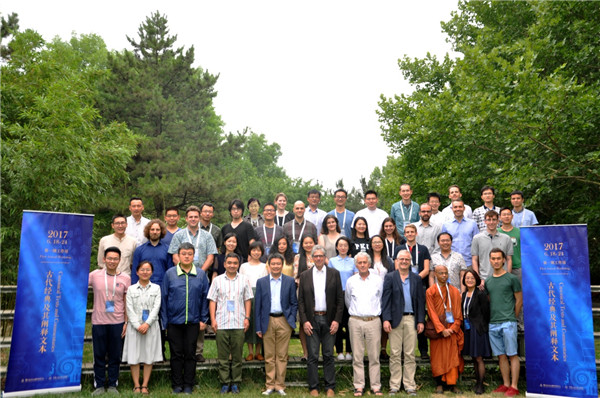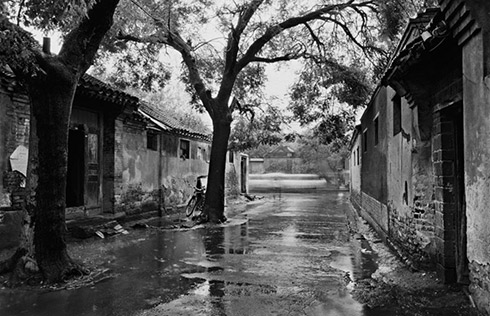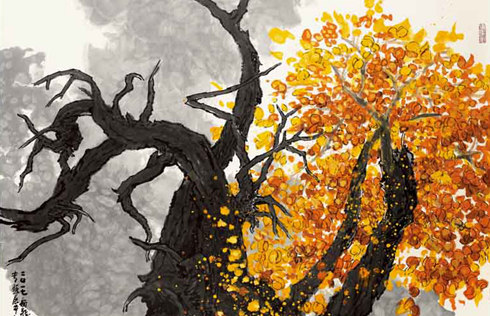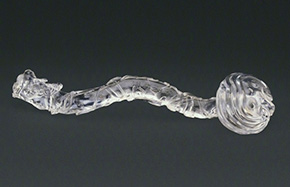Four distinguished speakers trace evolution of ancient texts




 |
|
Participants in the first annual PhD student workshop on Canonical Texts and Commentaries The International Center for the Study of Ancient Text Cultures of Renmin University of China hosted its first annual PhD student workshop on Canonical Texts and Commentaries in Beijing from June 18 to 24, 2017. [Photo provided to China Daily] |
The International Center for the Study of Ancient Text Cultures of Renmin University of China hosted its first annual Ph.D. graduate student workshop on Canonical Texts and Commentaries in Beijing from June 18 to 24, 2017, with four distinguished professors in the fields of Chinese, Greek and Roman antiquity presenting day-long lectures in English or in Chinese with simultaneous translation.
The workshop began on the morning of June 19 with a welcome and introductory address by Professor Martin Kern from Princeton University, who is the director of the center. A renowned scholar of early Chinese history, literature and textual culture, Kern talked about how texts accumulate over time, and what kind of interpretive challenges modern researchers encounter when dealing with them.
Pointing out the limited emphasis on original authors in antiquity, but also the importance of ancient commentators and editors (including Confucius), Kern reviewed in detail examples from Shijing (The Classic of Poetry), the most invoked text in all of ancient Chinese literature. He stressed the importance of the imperial court scholars in the Qin and Han dynasties (221 BC -220) for the formation of the Confucian Canon and discussed how with the Shijing the fundamentally political nature of Chinese literature was established.
Reflecting on the interplay of oral and written practices in the early transmission in the Chinese classics, Kern showed how a poem or song was flexibly shaped and recomposed according to the needs of the times and sociopolitical agendas.
On the second day, Professor Xu Jianwei from Renmin University of China traced the development of early Chinese texts, and how they were molded by the commentary traditions of later generations. Continuing Kern’s earlier focus on Shijing, Xu presented fascinating findings from his research for a new edition of the classic that he is currently co-authoring. He pointed to important Japanese scholarship from the early 20th century that established the very early date of the character dictionary Erya ("Approaching Elegance"), a work whose first three chapters may predate Confucius. Xu explained how even the Mao commentary to the Shijing, dating from the Han dynasty, contained traces of this extremely ancient dictionary, despite the fact that at the time, the Shijing itself was at least in part transcribed from memory.



















